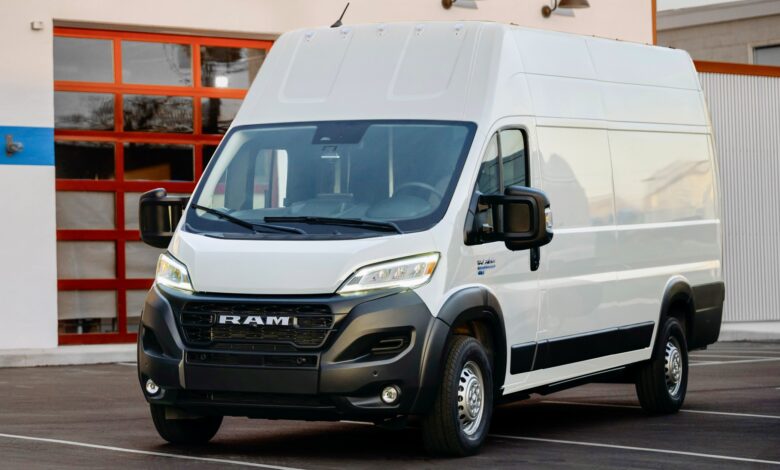
Stellantis has provided 12 brand-new 2024 Ram ProMaster EV (electric vehicle) to student teams competing in the prestigious Battery Workforce Challenge. The handover took place in Bloomfield Hills, Michigan, with a ceremony attended by key figures, including Chris Feuell, Chrysler / Ram CEO and Mark Champine, Stellantis Senior Vice President for North America engineering technical centers.
The Battery Workforce Challenge is a multi-year collegiate competition, part of the U.S. Department of Energy’s (DOE) broader initiative to address workforce gaps in the rapidly growing EV industry. This public-private partnership includes the DOE, Stellantis, and Argonne National Laboratory, and aims to train a diverse group of future engineers and technicians to advance domestic battery technology.
Training the Future EV Workforce –

The competition challenges 12 teams from universities across North America to design, build, test, and integrate advanced battery packs for the all-electric Ram ProMaster vans. “The Battery Workforce Challenge students continue to impress us with their creative ideas and overall EV knowledge,” said Micky Bly, Stellantis Senior Vice President and Head of Global Propulsion Systems. He added, “I look forward to continuing to work with the students as they become workforce-ready EV experts.”
The participating teams also have vocational and community college partners, selected through a competitive process, ensuring hands-on training for the next generation of skilled EV workers. Jeffrey Marootian, Principal Deputy Assistant Secretary in the Office of Energy Efficiency and Renewable Energy at the DOE, highlighted the program’s importance: “The teams will develop engineering and manufacturing skill sets to prepare them for high-quality jobs building the batteries of the future right here in the United States.”
Hands-On Learning with the Ram ProMaster EV –
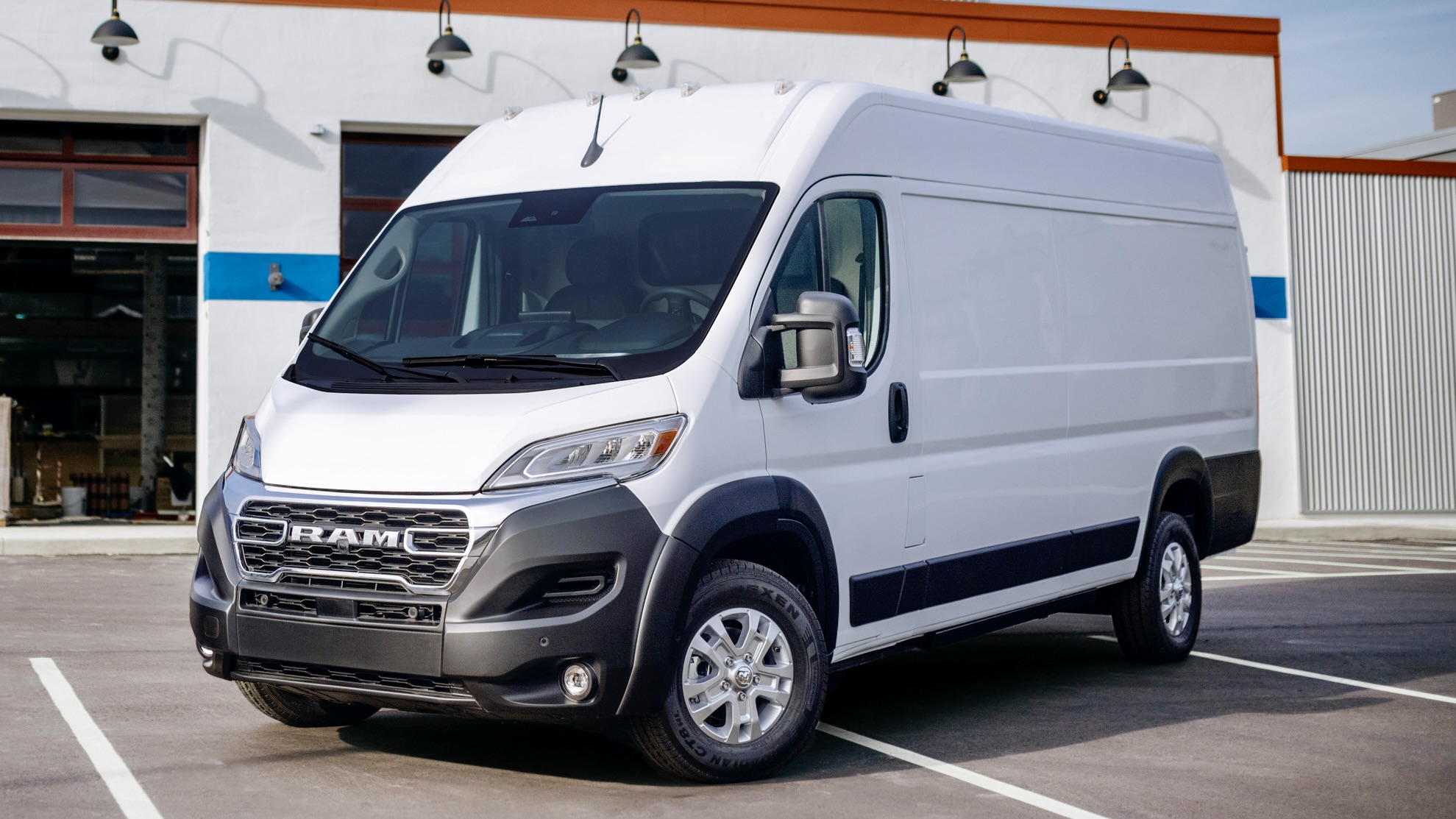
The 2024 Ram ProMaster EV is a fitting choice for this challenge, with its design centered around electrification. The van features a unibody structure that efficiently houses the battery pack beneath the floor, maintaining a flat interior and preserving cargo space equivalent to its combustion engine counterparts. Two versions will be available: a 12-foot cargo model and an extended 13-foot model, both on a 159-inch wheelbase, and a delivery model for different use cases.
With an estimated in-city range of up to 162 miles, the Ram ProMaster EV offers students a real-world platform to design battery packs for commercial vehicles. “The ability for the teams to experience hands-on learning working with the Ram ProMaster EVs is essential to the EV workforce of the future and advancing EV transportation technologies,” emphasized Marootian.
A Broader Workforce Initiative –
Launched in 2023, the Battery Workforce Challenge extends beyond university competitions. It includes STEM education programs for young students, regional training with vocational institutions, and an online platform for career and technical education. The initiative reflects a nationwide push to develop a robust, skilled workforce capable of driving advancements in EV and battery technology.
The Path Forward –
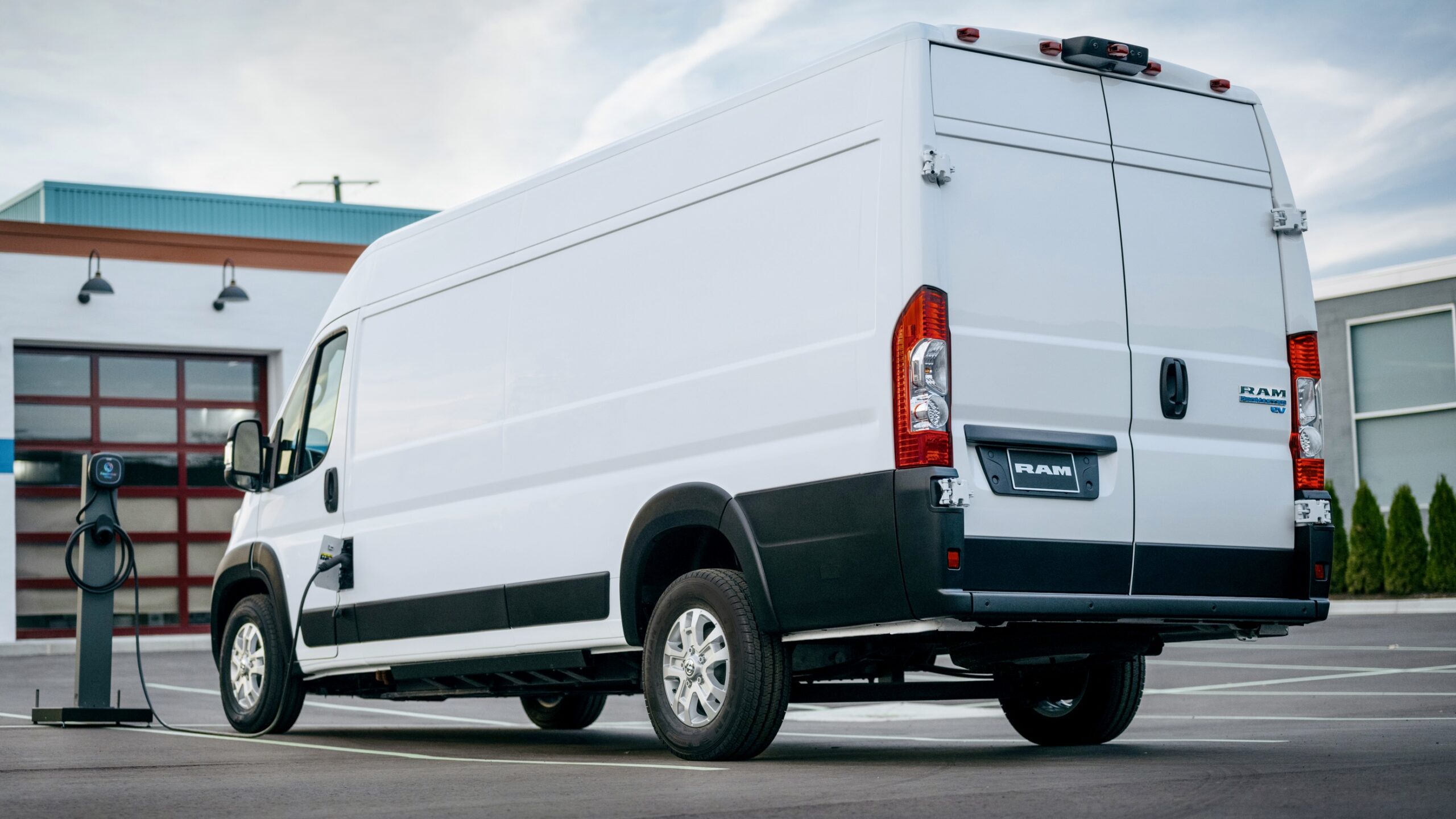
This year, student engineering teams gathered for a week of intensive workshops and collaboration with industry professionals. The challenge will continue until 2026, concluding with engineering awards, sponsor recognitions, and up to $100,000 in industry-provided prize money for the top-performing teams. The real prize, however, is the invaluable experience and the chance to make a tangible impact on the future of electric transportation.
Selected universities and their vocational partners include:
- California State University, Los Angeles (Los Angeles, California) and Cerritos College (Norwalk, California)
- Clemson University (Clemson, South Carolina) and Greenville Technical College (Greenville, South Carolina)
- Colorado School of Mines (Golden, Colorado) and Arapahoe Community College (Littleton, Colorado)
- Jackson State University (Jackson, Mississippi) and Hinds Community College (Utica, Mississippi)
- McMaster University and Mohawk College (Hamilton, Ontario, Canada)
- Ohio State University and Columbus State Community College (Columbus, Ohio)
- Rose-Hulman Institute of Technology and Ivy Tech Community College (Terre Haute, Indiana)
- University of Alabama and Shelton State Community College (Tuscaloosa, Alabama)
- University of California, Merced and Merced College (Merced, California)
- University of Michigan-Dearborn and Henry Ford College (Dearborn, Michigan)
- University of Nevada, Las Vegas (Las Vegas, Nevada) and College of Southern Nevada (Clark County, Nevada)
- University of Waterloo (Waterloo, Ontario, Canada) and Lambton College: Lambton Energy Research Centre (Sarnia, Ontario, Canada)
The Battery Workforce Challenge exemplifies the growing collaboration between industry and academia, preparing students to take on one of the most pressing engineering challenges: making electric vehicles more efficient and sustainable.


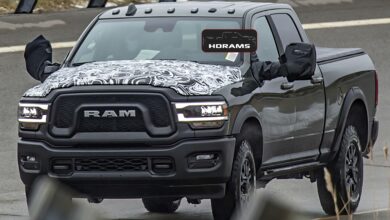
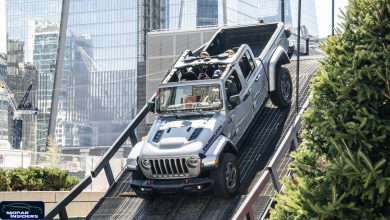

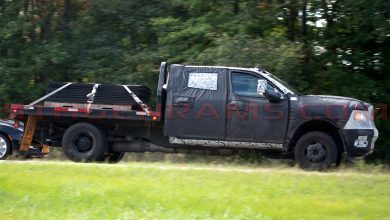
No replies yet
Loading new replies...
Join the full discussion at the Mopar Insiders Forum →